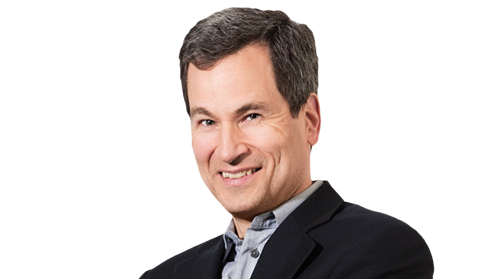The last public event I attended before the pandemic hit was a dinner with David Pogue, the Science and Technology writer for the New York Times. It was a night well spent.
David believes that climate change is no longer an “if”, or a “maybe” but a certainty. The sooner we start adapting our lives to it, the better.
The bottom line is that a big piece of the world is about to become unhabitable by humans, possibly as much as the 20% around the equator. The loss of life could be huge.
Raise sea levels by 20 feet and you lose all the coastal cities of China, a large part of the US East Coast, and most of Florida. The US government will have to end flood insurance or go bankrupt. It is already tearing down oceanfront homes that have filed two or three federal claims. Private insurers have already gone this route.
Many species of fish, animals, and birds have been migrating north and south for decades. Indeed, tropical game fish, like mahi mahi, have been showing up along the California coast in recent years, to the delight of local fishermen.
There has been a massive migration of hummingbirds north to Oregon. Global warming could be halted in decades. But to return to pre-1970 levels would be a century-long project. Ironically, the Coronavirus started on that work right after we met, bringing the global economy to a grinding halt and dramatically shrinking the population. US lifespans shrank in 2020 for the first time in 100 years, by one full year.
We spent a lot of time at Mad Hedge Fund Trader talking about future technologies. It will be a huge net job creator over time, but the disruptions to existing industries will be enormous. Steel workers don’t morph into computer programmers easily, although I’ve seen some of the younger ones do it with enthusiasm.
When I told him I was one of the first Tesla (TSLA) buyers 13 years ago and my name still stood on the factory wall, he reached out to shake my hand and say “Thank you.” He was shocked when I told him most commercial pilots can’t safely fly a plane without a functioning autopilot.
I met David on what was certainly the worst-timed book tour in the history of the soon-to-be published How to Pre- pare for Climate Change. There he offers highly practical advice on preparing for an era of extreme weather events, possible famines and floods, and other climate-caused chaos. Click here for the Amazon link.
The 60-year-old Ohio native has an unusual eclectic background not unlike my own. He graduated from Yale with a degree in music, summa cum laude. He went on to become an itinerant Broadway producer. It was probably his desire for a steady paycheck that drove him into writing, taking a 12-year job at Macworld magazine, of which I was a steady reader.
David published the first Mac for Dummies book in 1988. He went on to write six more of the original “Dummies” books, including those for iBooks, Opera, Classical Music, and Magic. He became the personal technology correspondent for the New York Times in 2000.
David has hosted the Nova TV series for PBS and programs for the Science and Discovery channels. A five-time Emmy winner for his stories on CBS Sunday Morning, Pogue has been at the forefront of new and emerging tech trends for decades. There you can hugely benefit from his annual Christmas technology gift tips.
To learn more about David Pogue, please visit his website at https://davidpogue.com .







